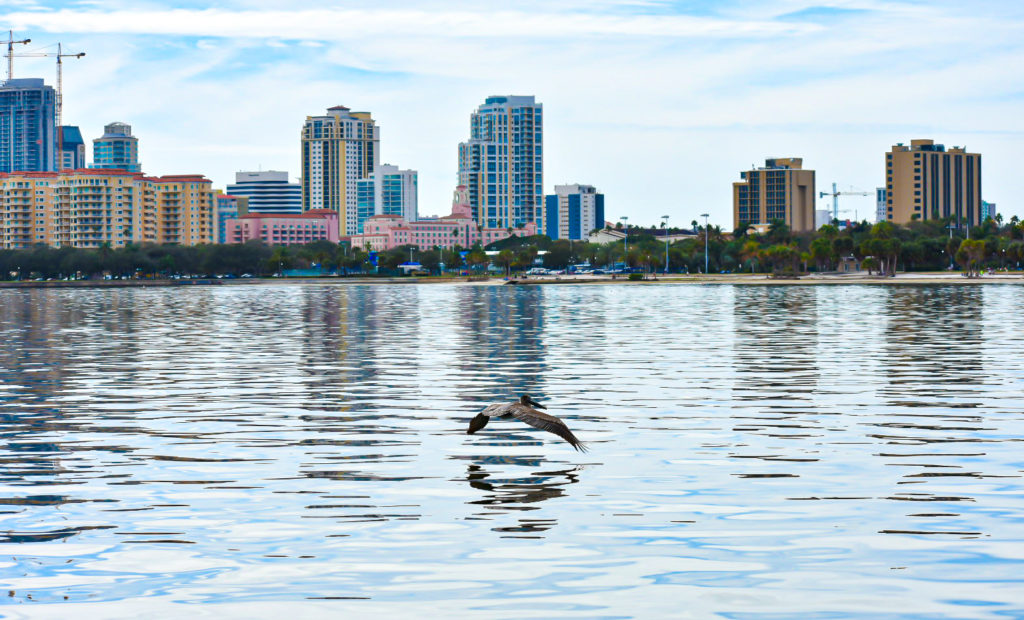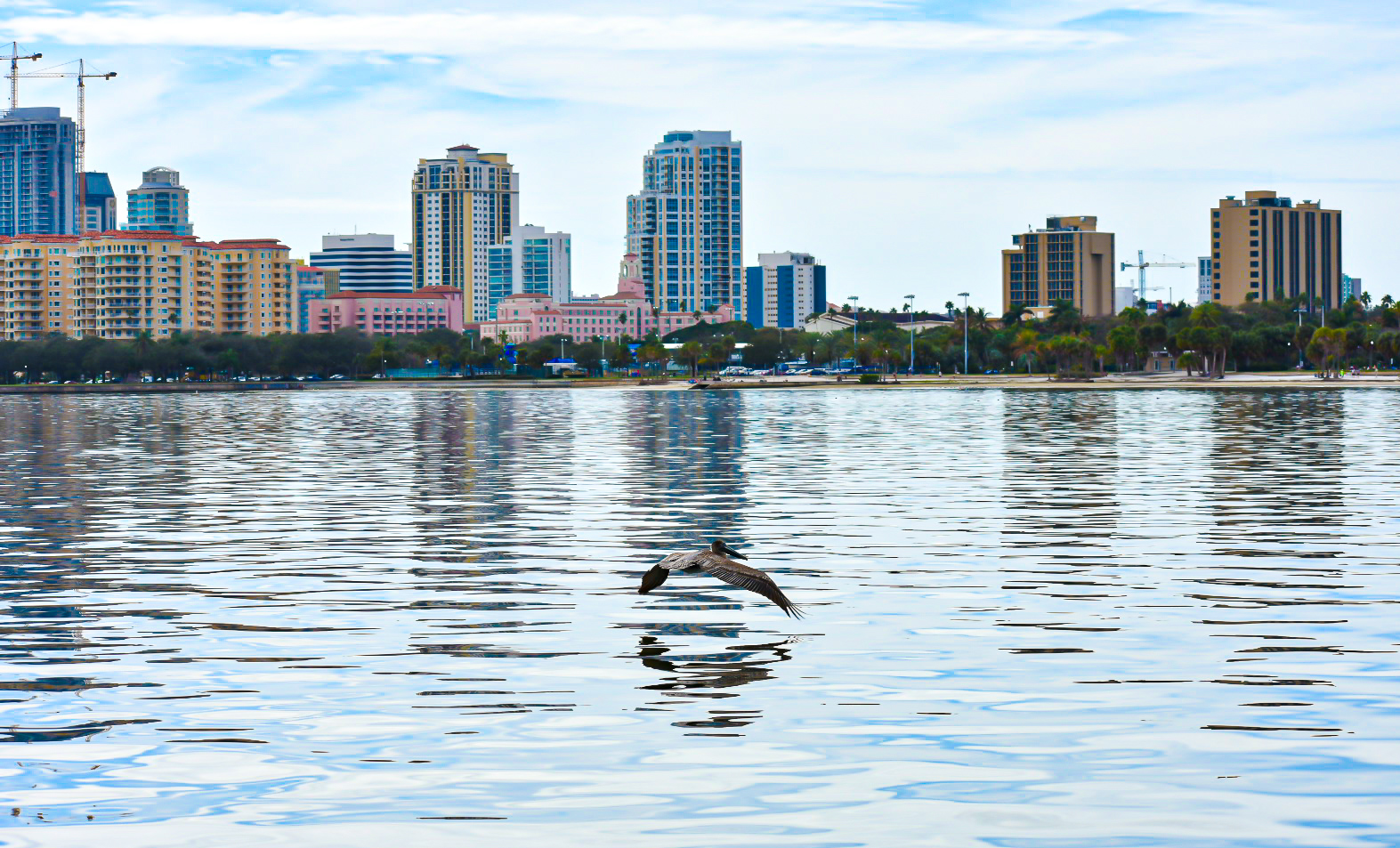
Sinking in Sewage: Can St. Pete Clean Up It’s Act?
By Krystel Knowles
A sewage spill of roughly 200 million gallons of raw and partially treated sewage ended up the Tampa Bay area in 2015 and 2016. This incident brought to light that if something isn’t done to the infrastructure the view that makes St. Pete so beautiful could end up being something people run away from.
St. Pete may have been pegged as the first green city in the state in 2008 but now it’s looking pretty brown. Mayor Rick Kriseman signed an executive order in July 2017 to transition the city to clean and renewable energy. Despite those efforts, the popular vacation destination is making headlines for the wrong reasons. All over the state during large storms,overflowing sewage along with boil water notices have become the norm. Also water contamination at popular fishing locations is leaving people feeling unsafe eating their catch of the day.
According to court documents from the Florida Department of Environmental Protection VS City of St. Petersburg entered an agreement to construct and operate an additional lift station, (estimated cost $7.5 million). In addition to that, the City has to submit long term capital improvement plan to meet environmental compliance, along with routine maintenance of wastewater transmission systems and more. The documents state the city commits to spending 16 million dollars per year on an annual basis starting in July 1, 2018 until the year 2023 along with other very specific commitments.
So far, progress seems slow and just about every month the City St. Petersburg issues a wastewater or reclaimed water discharge notification. On Oct 15, 2019 about 660 gallons ended up in a manhole and ended up in Boca Ciega Bay. In September about 9.500 gallons discharged and 7,600 gallons flowed into Tampa Bay. Mayor Kriseman believes the continuous spills do not qualify as a crisis, according to his State of the City on February 23.
But for some politicians running in the November election, on Trenia Cox whose running to be a council member for district 5 seems to disagree. Cox says she would focus on the budget that would be part of the solution because by now the City’s spent about 360 million in this problem.
“I want to create an annual discount on utilities for creating environmentally friends households, perhaps change leaking pipes, fossil fuel reduction and things how owners can do to help. For renters, they can conserve water usage,” Cox explains “we may want to even consider re-opening the plant that closed.”
Deborah Figgs-Sanders who is running for the same seat, also promed to address the city’s environmental preservation and the water sewer concerns.
Another potential City Council member running for district 7, Eritha “Akile” Cainion, she says the sewage issue is not a natural disaster, it was man made and many of the City’s decisions have to be reversed.
“I would cap development because it’s straining infrastructure. The residents utility bills [were] raised, which is not the correct thing to do. We need to be taxing the developers and not the people,” Cainion explains, “They (developers) don’t have any interest in what happens to the city, if they have a stake in the city, they will invest in fixing the infrastructure.”

